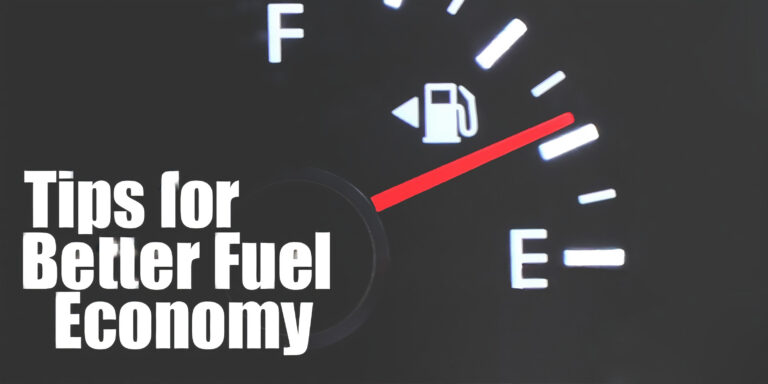Opening Hours
Mon - Th: 8:00AM - 5PM Fri: 8:00AM - 3PM
Mon - Th: 8:00AM - 5PM Fri: 8:00AM - 3PM

As you probably know, fuel is probably the most obvious cost associated with owning a vehicle. Whether you love to drive or must travel a lot for business, saving money on fuel makes a lot of sense. There are many ways to reduce your consumption and save money. Here are a few tips:
Some cars are fuel-efficient while others are not. The next time you buy or rent a car, try choosing one that is more fuel-efficient. Hybrid vehicles might cost more, but they are also very fuel-efficient. Over time, the hybrid car will save you money on fuel and make up for its extra purchasing cost.
Driving slowly is one of the most efficient and simplest ways to save money on fuel. At higher speeds, the car tends to use more gas. For best results and safety, it is recommended to drive at the speed limit. Also, keep in mind that the ideal traveling speed of a vehicle depends on its make and model.
Utilizing cruise control means that your vehicle will be going at a constant speed. The lack of acceleration lessens the work of the engine and reduces fuel consumption. For maximum fuel efficiency, make sure that you pick your cruise control when driving at the speed limit.
You can achieve this by keeping all the windows closed. This will help your vehicle lower the drag and wind resistance. The wind has the same effect as speed on gas consumption, If you drive facing the wind your gas consumption will increase. And similarly, a rear wind will increase your speed.
The weight of your car also increases its resistance. Make sure that you don’t leave anything in your car unless you need it. Things like rooftop carriers or bike racks tend to increase the weight of your car and therefore its resistance. This also reduces your vehicle’s fuel efficiency.
It is important to check the pressure of your tires frequently. Even if they are in good shape and well installed, tires can lose up to two pounds per square inch of pressure each month. Add to these eventual leeks around the rims and pressure loss due to cold weather, and tires are frequently underinflated by 3 or 4 pounds. This might sound like not much, but a mere 3 pounds off the normal pressure of a 30-pound tire represents 10 percent of its weight which can translate into a 5 per cent hike in fuel consumption or more.
Your car tends to burn more fuel when you accelerate quickly. Make sure that you drive at the recommended speed and keep a safe distance between your car and other vehicles. Expect stops and slow down gradually; stopping abruptly also wastes fuel! On the other hand, idling can also waste gas. Make sure to switch your car engine off if you have to remain stationary for more than 5 minutes. This will also benefit the environment.
Every car tends to use a little bit more fuel when the air conditioning is on. Therefore, try to keep the air conditioning off if you can. Instead, roll down the windows when at low speed to save more fuel.
Using fuel that is not specified for your vehicle is a total waste of money. In fact, using a lower octane fuel than the one recommended will not help since your car will use more fuel to compensate for using the wrong fuel.
Clogged fuel filters, poor quality engine oil, and bad air filters can dramatically reduce a car’s fuel efficiency. Therefore, make sure that you get your car serviced at the correct intervals... This will not only ensure your car’s best performance and safety but will also increase its fuel efficiency.